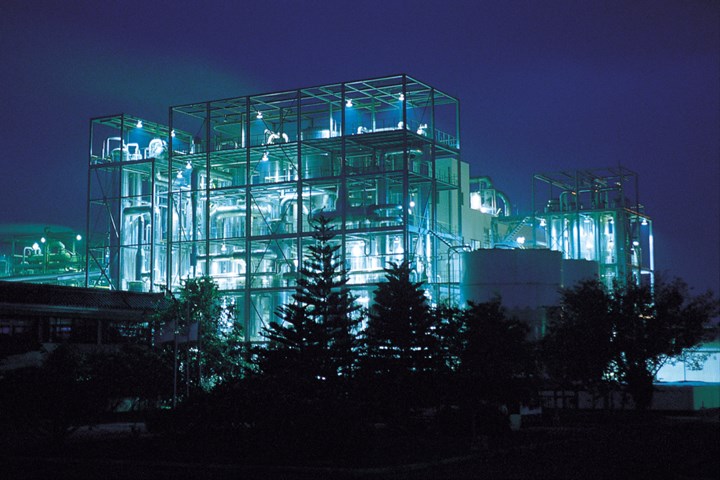‘First’ Amorphous PHA Bioplastic
CJ Bio’s Phact is a more rubbery version of PHA that is being initially targeted as an additive modifier for compostable bioplastics.
CJ Bio (Woburn, Mass.) a division of South Korea-based CJ CheilJedang, has introduced Phact Marine Biodegradable Polymers based on its proprietary PHA (polyhydroxyalkanoate) technology.
The first product of the new line--Phact A1000P, is an amorphous PHA being produced at CJ Bio’s newly commissioned Pasuruan, Indonesia facility. Currently, this is said to be the only amorphous PHA on the market. Amorphous PHA is a softer, more rubbery version of PHA that offers fundamentally different performance characteristics than the crystalline or semi-crystalline forms that currently dominate the PHA market. For its initial applications, Phact A1000P will be used as a modifier to other compostable polymers and biopolymers to improve functional and processing characteristics, and for enabling these products to achieve faster rates of biodegradation or composting.

Certified biodegradable under industrial compost, soil (ambient), and marine environments, Phact is considered ‘home compostable,’ meaning that it does not require specialized equipment or elevated temperatures to fully degrade. Segments and applications for Phact are numerous, with initial focus on flexible and rigid packaging, which accounts for greater than 50% of single-use plastics. Other markets include agriculture, organic waste management, coatings and adhesives, personal care and healthcare.
The raw materials for Phact are sugars sourced from plants like sugar cane, tapioca, corn and cellulosic biomass. CJ Bio can increase PHA content in microorganisms from about 5% default accumulation up to 85% through fermentation via engineered microbial strains. The company employs advanced downstream technology for the extraction of PHA components and for the manufacture of specific products.
These PHA products can be compounded and processed using conventional plastics processing equipment. They can also be used as modifiers to other polymers or biopolymers to increase biobased content, accelerate biodegradation and improve functional properties of resins and finished products. One promising application is accelerating the rate of composting of PLA which has seen significant growth as a biobased material in a broad range of finished product applications. Blending amorphous PHA in PLA leads to significant improvements in mechanical properties, such as toughness, and ductility, while maintaining clarity.
According to CJ Bio’s v.p. product & applications development Raj Krishnaswamy, CJ Bio is investing substantially in applications capability--both personnel and facilities, to help potential innovation partners develop next-generation solutions. “The applications for this technology are almost unlimited. Whether you’re talking about single-use food and beverage packaging, paper coatings, personal care, drug- delivery systems or medical devices--each solution needs to be developed in collaboration with value chain partners and with performance and cost in mind. What all of these applications have in common is the need for a truly biodegradable solution, and with CJ Bio PHA technology, we believe we can get there.”
Related Content
-
Why Are They Blending Biopolymers?
A sit-down with bioplastic producer Danimer Scientific showed me there are more possible answers to that question than I had previously thought.
-
Blend Amorphous PHA with PLA to Improve injection Molded Part Properties
Adding aPHA to PLA can boost a range of mechanical properties and expedite composting. Here are the details as well as processing guidelines for injection molding the blends.
-
Why (and What) You Need to Dry
Other than polyolefins, almost every other polymer exhibits some level of polarity and therefore can absorb a certain amount of moisture from the atmosphere. Here’s a look at some of these materials, and what needs to be done to dry them.















